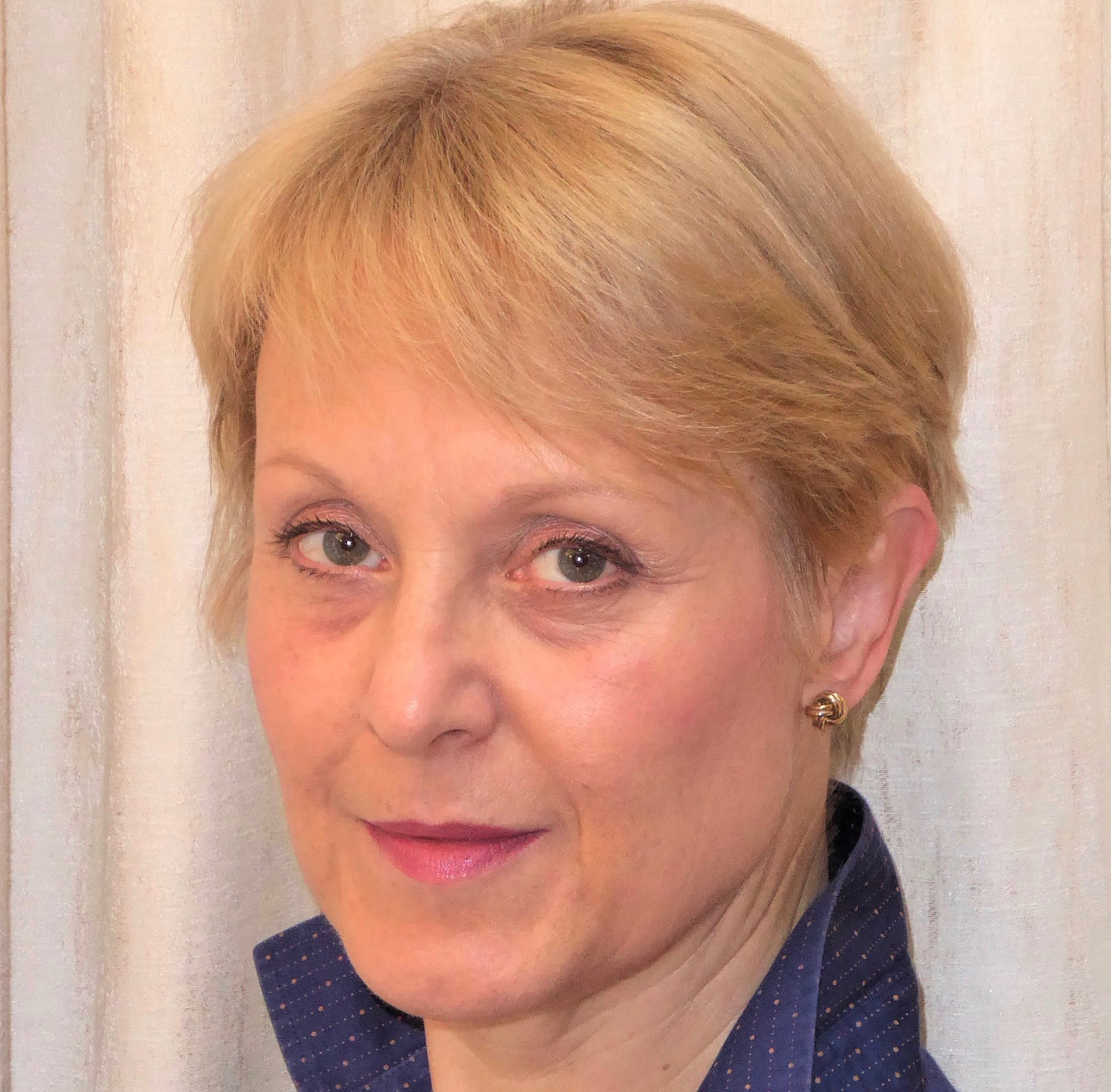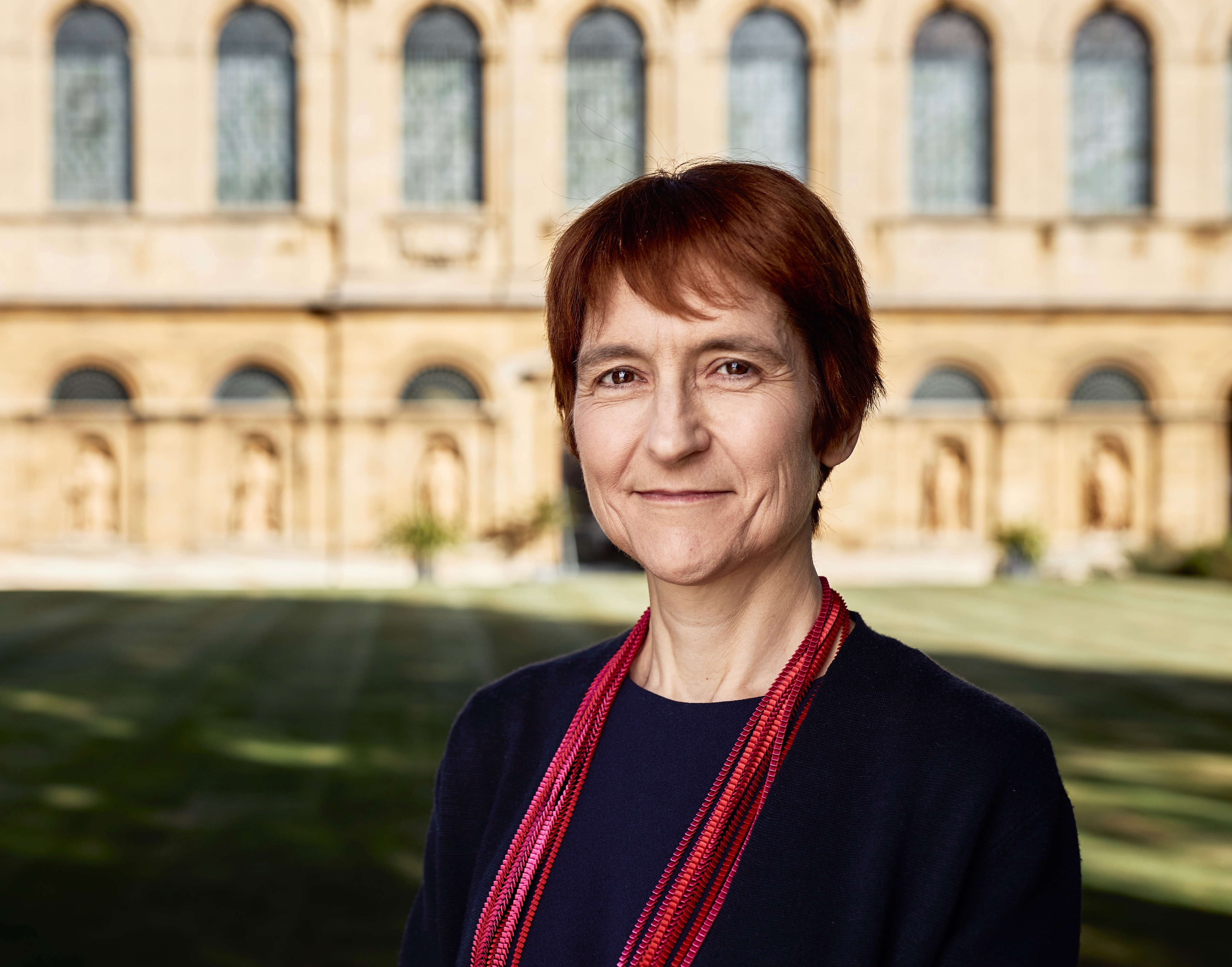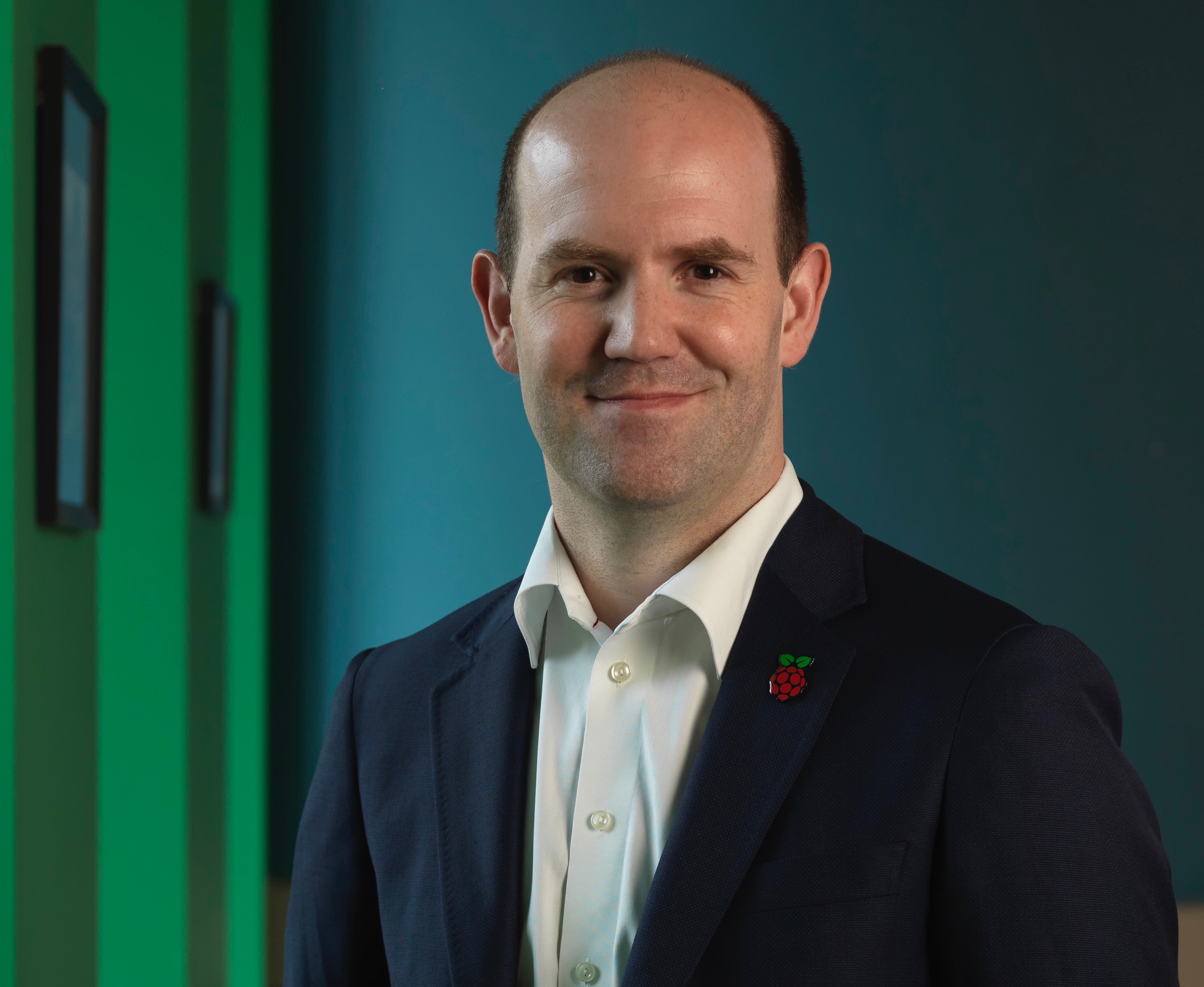Everyday Sexism activist and founder of Raspberry Pi elected as Honorary Fellows of St John’s
“They are people of ideas and intellectual courage"
Four distinguished people have been named as Honorary Fellows of St John’s College in recognition of their exceptional contributions to their respective fields.
Dr Heidi-Ann Doughty, President of the Blood Transfusion Society, Dr Claire Craig, Provost of The Queen’s College, Laura Bates, founder of the Everyday Sexism Project, and Dr Eben Upton, founder of the Raspberry Pi Foundation, have all been announced as Honorary Fellows of St John’s College, University of Cambridge.
An Honorary Fellowship is the most prestigious award St John’s can bestow upon eminent people who have a connection with the College, and who have attained distinction in their area of expertise.
Professor Tim Whitmarsh, Vice-Master of St John’s, said: “We are hugely proud to welcome our new Honorary Fellows, all of them figureheads in their fields. They are people of ideas and intellectual courage: writers, innovators, researchers and academic leaders. The years to come will inevitably be challenging; we will need all the vision and values that they embody.”
“Studying at St John’s gave me the curiosity to apply science to real world problems”

Dr Heidi-Ann Doughty is a consultant in Transfusion Medicine and works for NHS Blood and Transplant. During her varied career she has worked on development projects at home and abroad. She is currently national clinical lead for emergency planning and President of the British Blood Transfusion Society.
Dr Doughty came to St John’s as a postgraduate student in 1983 to study medicine before completing higher training in haematology and healthcare management. She undertook fellowships in Jamaica and Bergen, Norway where she later completed her doctoral thesis.
She served with the Royal Army Medical Corps as a reservist for many years during which time she commanded 202 (Midlands) Field Hospital, and served both as a Colonel Commandant and as a Defence Consultant Adviser. Dr Doughty was appointed as a Deputy Lieutenant in 2009 and was awarded the Order of the British Empire (OBE) in 2013 for innovation in transfusion services. Her professional work continues to focus on the translation of lessons learnt in military medicine to the wider healthcare community.
Dr Doughty said: “It is such a privilege to be elected as an Honorary Fellow of St John’s College. Studying at St John’s gave me the confidence and curiosity to apply science to real world problems. I want the same opportunities for the next generation.”
“I could walk through those ancient courts knowing that if a place as grand as St John’s was open to me, then other opportunities would be too”

Dr Claire Craig is the Provost of The Queen’s College, Oxford, and she is the first female Head of House elected by the College since its foundation in 1341. She joined St John’s as a Geophysics PhD student in 1982.
Dr Craig has worked extensively on strategy and science in decision-making, including as Director of the UK Government Office for Science and as Chief Science Policy Officer at the Royal Society. Her career includes periods at management consulting firm McKinsey and the Prime Minister's Delivery Unit, working in the Cabinet Office and the Ministry of Defence. She was awarded the Commander of the Order of the British Empire (CBE) for her part in developing the UK government’s science-based strategic futures programme, Foresight, which provided long-term insights for decision-makers in areas from flood risk to human enhancement.
She is a member of the government’s AI Council, and a former Associate Fellow of Newnham College, Cambridge, where she was an undergraduate. Her debut book How Does Government Listen to Scientists? was published in 2018.
Dr Craig said: “I may be one of the oldest women to have been associated with the College as a student, because I joined as a graduate student in the same year that the first female undergraduates arrived too. For me, at the time, it felt like John’s was welcoming me as part of those wider changes going on for women – all the doors, literal and metaphorical, were opening. I could walk through the ancient courts and across the Bridge of Sighs knowing I had every right to be there and that, if a place as grand as St John’s was open to me, then surely other opportunities would be too.”
“My time at St John's was rich in academic challenge. It has impacted my life in so many ways”

In 2012 long before the #MeToo movement began, activist Laura Bates started the Everyday Sexism Project to crowdsource women’s stories of harassment and violence. The project now has 25 branches around the world and it is an ever-increasing collection of more than 100,000 gender inequality testimonies. Bates studied English at St John’s where she was Secretary of the JCR and President of The Lady Margaret Players. She represented St John’s in the Christmas special of University Challenge in 2017.
Bates works closely with politicians, businesses, schools, police forces and organisations from the Council of Europe to the United Nations to tackle gender inequality. She was awarded a British Empire Medal for services to gender equality in 2015 and has been named a ‘woman of the year’ by Cosmopolitan, Red magazine and The Sunday Times Magazine.
Bates is the author of Everyday Sexism, the Sunday Times bestseller Girl Up, and Misogynation. Her first novel, The Burning, was published in 2019. She writes regularly for the Guardian, the New York Times and won a British Press Award in 2015. She has been a judge for the Women's Prize, the YA Book Prize and the BBC Young Writers Award and part of the committee selecting the 2020 Children's Laureate. In 2019 she was elected a fellow of the Royal Society of Literature.
Bates is a contributor at Women Under Siege, a New York-based project tackling rape in conflict worldwide, and she is a patron of Somerset and Avon Rape and Sexual Abuse Support. She was awarded the ‘Internet and Society Award’ by the Oxford Internet Institute.
She said: “My time at St John's was rich in academic challenge and the formation of deep and lasting friendships. It has impacted my life in so many ways. I've been proud and excited to hear of the feminist activism beginning to flourish at the College in recent years and am honoured to be continuing my relationship with St John's in this new role."
Laura Bates’ ground-breaking investigation into online misogyny, Men Who Hate Women, will be published later this year.
“St John’s shaped my way of thinking about the world, and constantly challenged me to work harder and do more”

Dr Eben Upton is a former Director of Studies in Computer Science at St John’s, and a founder of the Raspberry Pi Foundation, the charity responsible for creating the $35 credit-card sized Raspberry Pi computer. Designed to stimulate children’s interest in computer science, his low-cost single-board computers are now used by millions of students, academics, businesses and scientists all over the world.
Raspberry Pi technology is being utilised during the global coronavirus pandemic to do everything from printing personal protective equipment, to building ventilators, to monitoring patients to reduce the need for medical staff to repeatedly enter hospital rooms. Dr Upton is the CEO of Raspberry Pi (Trading), the Foundation’s commercial and engineering subsidiary. He was awarded a CBE in 2016, elected to the Fellowship of the Royal Academy of Engineering in 2017, and appointed a Distinguished Fellow of the British Computer Society in 2019.
He holds a BA in Physics and Engineering, a PhD in Computer Science, and an EMBA, all from St John’s. While a student, he founded two successful mobile games and middleware companies, Ideaworks 3d and Podfun, and wrote the Oxford Rhyming Dictionary with his father, Professor Clive Upton.
He said: “I've had an association with St John's for well over half my life: arriving as an undergraduate in 1996; staying on for a PhD and EMBA; and working as Director of Studies from 2004-7. It's an institution that's shaped my way of thinking about the world, and constantly challenged me to work harder and do more. Raspberry Pi was originally conceived as a way to recruit undergraduate computer scientists, not just to the University, but specifically to the College. So in a very real sense St John's is responsible for the strange journey I've been on for the last decade.
“This is a wonderful piece of recognition from the single institution that means the most to me. I'm very much looking forward to spending more time in College, and perhaps finding ways to make myself useful.”
Published: 09/05/20